By Rebecca Tucker Nall
Baylor University’s Mayborn Museum Complex received a gold TAMMIE award Friday, April 16, at the Texas Association of Museums’ Annual Virtual Conference. The award is for Mayborn’s new school outreach program, Mayborn Connect.
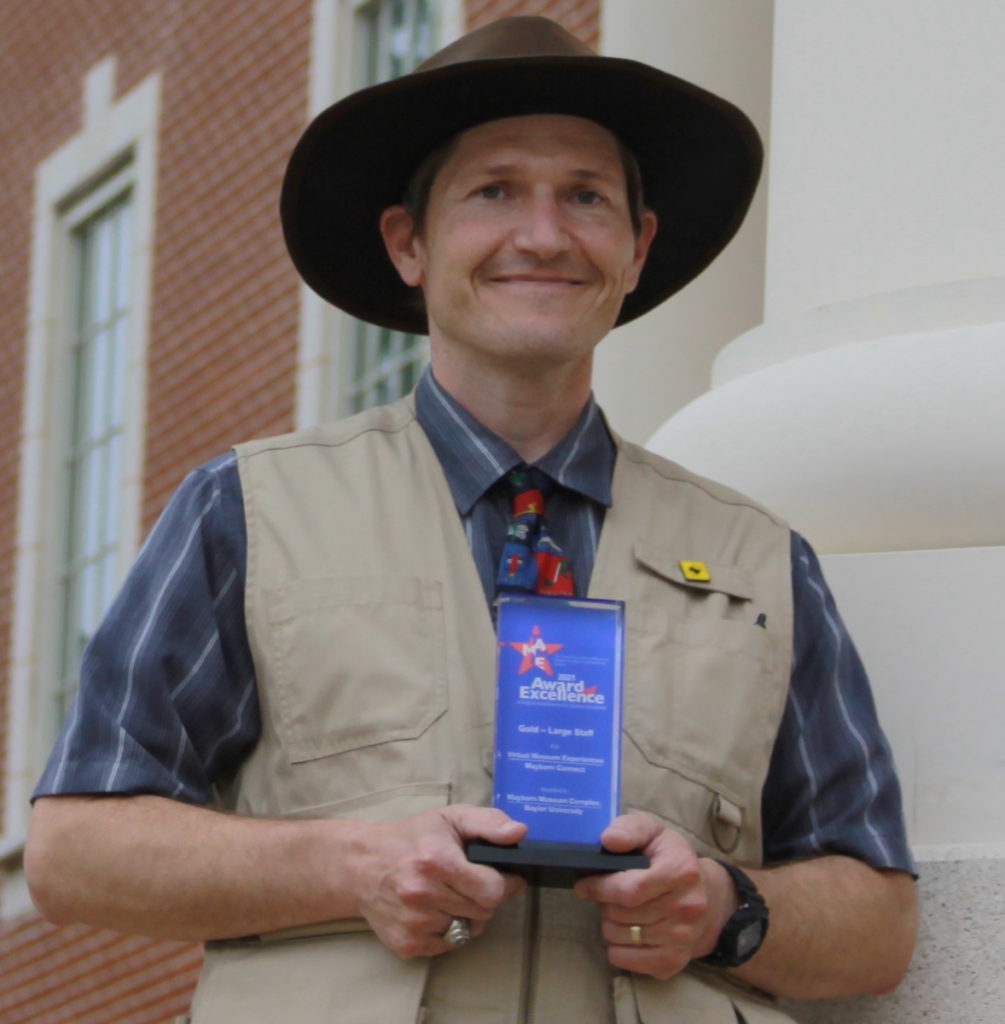
“TAMMIE” is an acronym for Texas Association of Museums Media Innovation & Excellence. The award showcases museums that are doing innovative things with media and technology. Winning projects are chosen by a jury of media and technology experts in the museum field. Each category is eligible for either gold, silver, bronze, or honorable mention depending on the number of entries in each category.
“Congratulations to the Mayborn on raising the bar of digital media standards for the rest of the TAM community,” said Alex Freeman, TAM executive director. “We want to see how your museums are incorporating technology into exhibits and programs; how you are using technology to reach virtual audiences outside of the traditional museum space; and how you are using social media to engage with audiences in innovative ways.”
Mayborn Connect was developed in spring 2020 as a way to continue to reach schools and school-aged children during a time when most off-site informal education opportunities were limited by the pandemic. This virtual program delivers specialized labs filled with real specimens, artifacts, and real-world connections in both science and cultural history that help kids to explore and understand their environment.
As of April 2021, almost 200 Mayborn Connect programs have reached more than 5,000 students from 26 school districts. Programs have reached schools as distant as New Jersey and as close as Waco ISD through a partnership with the Junior League of Waco aimed at providing a Mayborn Connect program to every preK class in the district.
The award was accepted on the Museum’s behalf by Alan Small, STEM education coordinator. Small spearheaded development of the 12 programs offered within Mayborn Connect with support from other museum educators and graduate students from the Department of Museum Studies at Baylor University.
“I’m so thankful to work with the team that brought the Mayborn Connect program to life in a time of crisis,” Small said. “When school buses parked and the Mayborn doors closed due to the pandemic, it created a chance to rethink how the Mayborn meets needs within the community. Over the last year, the Mayborn Connect team has honed the skills needed to safely deliver our collection out the front door, in living rooms, across school districts, and even across the country. This program would not have been possible without the entire museum staff working together to see it to fruition.”
About Baylor University’s Mayborn Museum Complex
The Mayborn Museum Complex celebrates the natural science and cultural history of Central Texas. This 143,000-square-foot building on the Baylor University campus sparkles with numerous vibrant exhibits and compelling hands-on activities for the whole family to enjoy over and over again. For more information, contact the Mayborn Museum at (254) 710-1110 or visit http://www.MaybornMuseum.com.
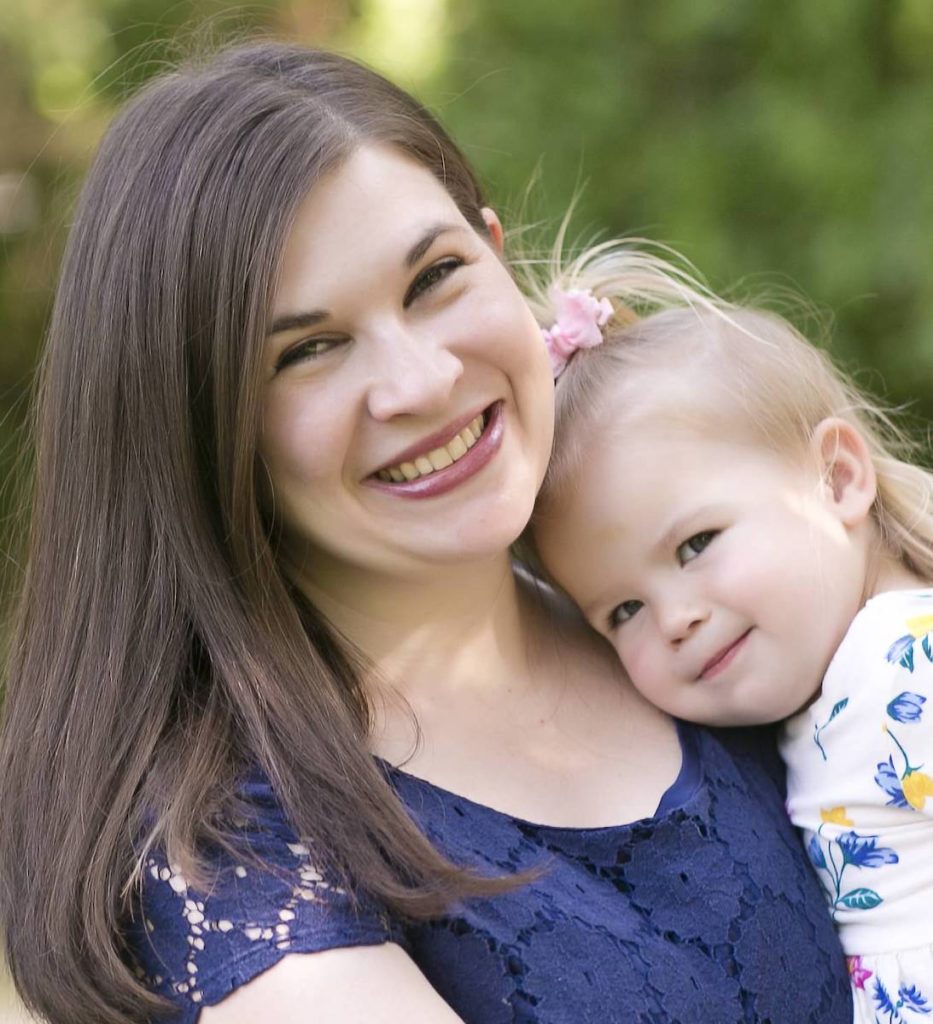
Rebecca Tucker Nall is assistant director of exhibits, communication, and visitor services for Mayborn Museum Complex, Baylor University.
The Act Locally Waco blog publishes posts with a connection to these aspirations for Waco. If you are interested in writing for the Act Locally Waco Blog, please email Ferrell Foster at [email protected].
By Terry Roller
Beginning with a June 10 Golden Oldies Edition, The Stars Over Texas Jamboree will join forces with the historic Waco Hippodrome to begin an exciting reincarnation of Waco’s only locally produced music variety stage show. In addition to a new venue, the Jamboree will be moving to a new night, the second Thursday of each month instead of the first. The curtain will open at the Hippodrome at 7 p.m. Thursday, June 10, with a pre-show at 6:45 p.m.

The Hippodrome location will allow fans to enjoy a selection of adult beverages, soft drinks, popcorn, and snacks while enjoying the show. Once the Hippodrome-affiliated restaurants are back in operation, audiences will be able to order food during the show. Patrons will also have the convenience of purchasing tickets online from the Hippodrome website. Ticketing will be for assigned seating with varying prices depending on location in the theatre.
The Jamboree was launched in September 2010 by then partners Johnnie Bradshaw, Jim Guest, Terry Roller, and Andy Schlesser (Andy Thomas) who later withdrew. Local music favorite Ralph Sparks, the Jamboree keyboard player, became the fourth partner. Jim, Lead guitarist, toured with Reba McEntire and lived for a time in Branson, playing in various shows in that popular music-centric tourist destination. Johnnie is a long-time fixture in the Waco music scene, having started numerous bands over the years going back as far as his father’s band, the Bradshaw Gang and the Starlites with Phil Duckett. He also served as a DJ on local radio. Terry, a graphic design professor at Baylor, came on board as a vocalist and promotional designer. Johnnie and Terry share emcee duties, as well.

Monthly shows rotate between oldies, country, and gospel, providing an entertainment event similar to those in Branson. The show has been very popular, with many loyal audience members having missed very few of the 115 shows in those nine-plus years. That is a long run in Waco. In that time, the Jamboree has presented the best in Central Texas music talent including our band, cast, and over 200 different guest performers.
As the partners began thinking about reopening, they learned that the relationship with The Lee Lockwood facility would not continue. Searching for a new home, they found the management of the Waco Hippodrome eager to come aboard. The Jamboree appreciates the nine years of support from Lee Lockwood at great cost to them. The partnership looks forward to being at the Hippodrome and the new possibilities it brings while realizing there will be challenges.
We are still in the planning stages. Watch for further details as the concert date nears. Check our Facebook page: www.facebook.com/TheStarsOverTexasJamboree, or the Hippodrome website: https://wacohippodrometheatre.com/ or their Facebook page: www.facebook.com/wacohippodrome/ for updates. Email [email protected] or [email protected] for more information or phone 254-755-7257.
Shows will follow all CDC and government mandates and Hippodrome policies regarding masking and social distancing at the time of the show. Should there be another shutdown, this show will be rescheduled at the earliest possible date.

Terry Roller is a retired graphic design professor from Baylor, having taught there for 33 years in addition to 6 years at Eastern Illinois University and 4 years as a teaching assistant at the University of Tennessee where he holds a BFA and MFA in design. He is also a partner in the Stars Over Texas Jamboree. He began singing at the age of 50 after having taken a continuing education group vocal class at Baylor with his then 11-year-old daughter. Soon after, he began singing around central Texas and as a regular with the Texas All Star Review at Billy Bob’s Texas in Fort Worth. With three partners he met through the Music Association of Central Texas, he helped found The Stars Over Texas Jamboree that kicked off its very first show September 2010. He acts as vocalist, designer, roadie, and occasional emcee and comic.
The Act Locally Waco blog publishes posts with a connection to these aspirations for Waco. If you are interested in writing for the Act Locally Waco Blog, please email Ferrell Foster at [email protected].
By Telawna Kirbie
It is my pleasure to introduce a new program in our community called Waco Connect. This community-based program is a joint venture of both Prosper Waco and the Heart of Texas Region MHMR Center.
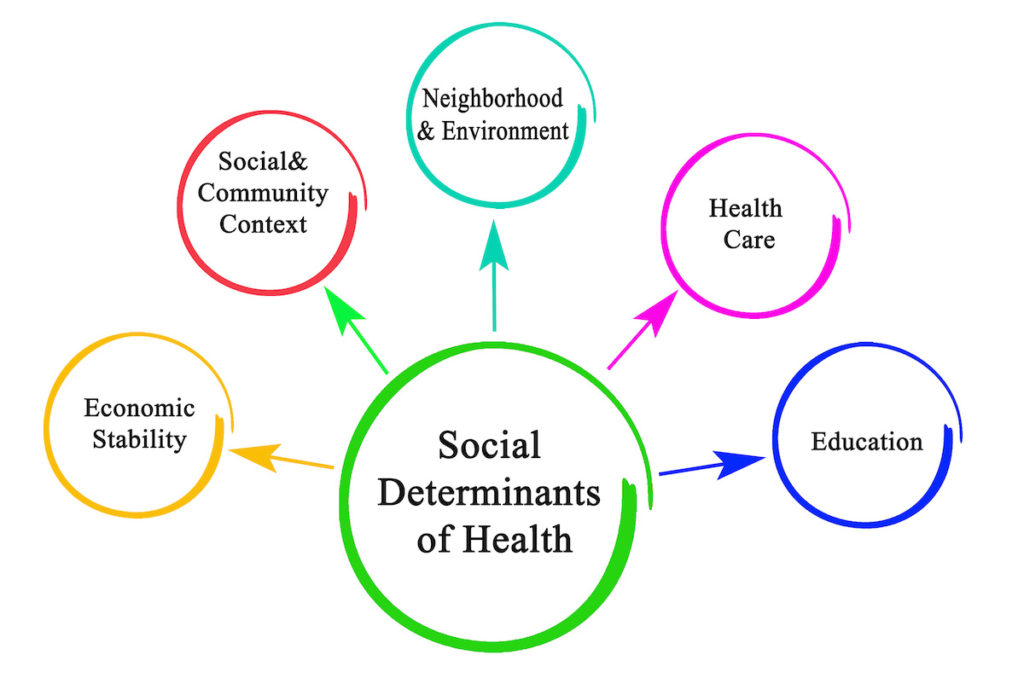
Our goal is to provide social care coordination to community members to promote physical and mental health with a focus on resources that address the “Social Determinants of Health” (SDoH). The World Health Organization defines SDoH as “the conditions in which we are born, grow, live, work and age.”
The determinants include, but are not limited to, housing, financial stability, employment, education, transportation, both physical and psychological safety, as well as various social needs. By improving SDoH, we have the ability to directly impact the overall physical and mental health of our community.
An early phase of Waco Connect is a collaboration with the Waco Police Department that is being sponsored by the City of Waco. Waco Connect will support community members who have underlying mental health needs that lead to frequent law enforcement contacts. Waco Connect staff will complete a needs assessment, assist the community member in identifying goals, link them to resources, and offer ongoing support for up to one year. A main objective of this program is to reduce law enforcement contacts, emergency department visits, and mental health crises that require hospitalization.
When we help meet the needs of those who are struggling, we all benefit. Mental health crises have implications that start with an individual and ripple out to affect all levels of our communities. As Waco Connect works to link our community members to resources and assist them in accessing services that promote mental health, we will be addressing individual needs that will hopefully lead to improvements in physical health, mental health, and overall quality of life. By avoiding more costly interventions such as law enforcement involvement, emergency department visits, and inpatient hospitalizations, we will have increased access to already limited resources.
Waco Connect is looking to launch this phase of the program in June of this year.
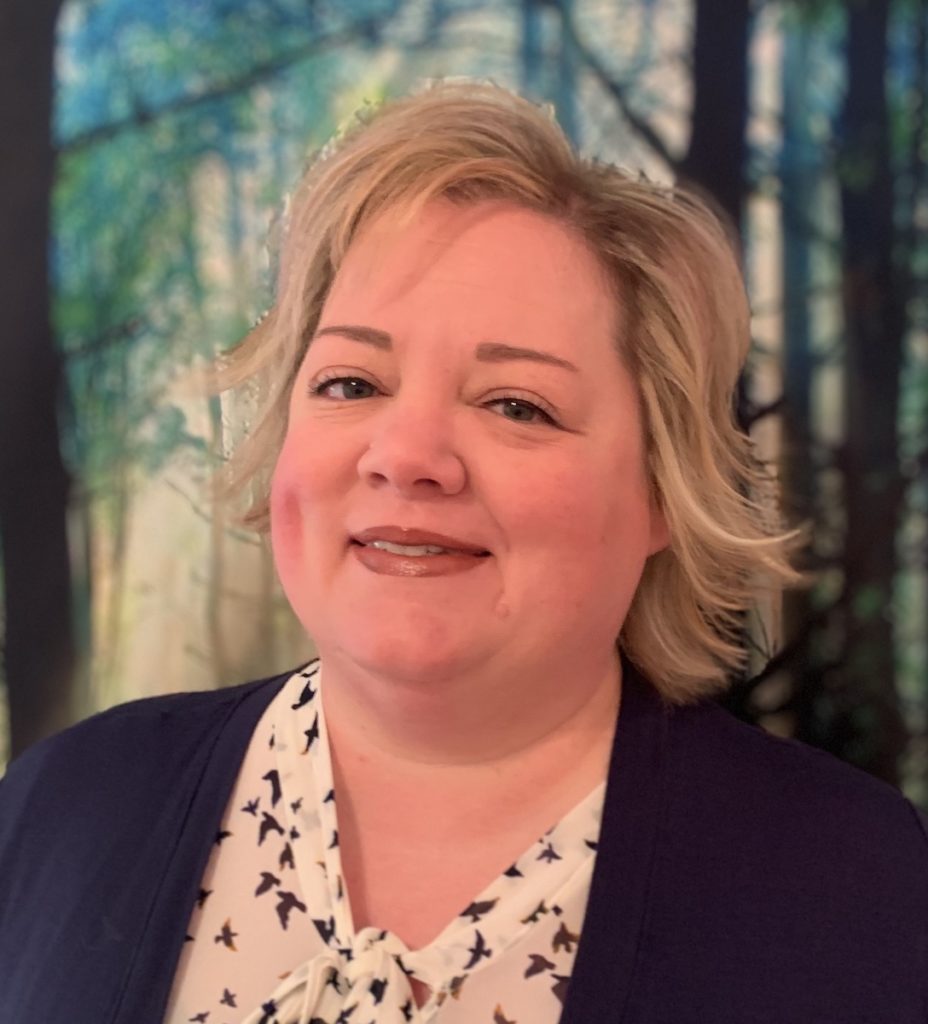
Telawna Kirbie is director of behavioral health initiatives with Prosper Waco.
The Act Locally Waco blog publishes posts with a connection to these aspirations for Waco. If you are interested in writing for the Act Locally Waco Blog, please email Ferrell Foster at [email protected].
City of Waco News Release
Waco City Manager Bradley Ford announces the hiring of Lisa Blackmon as assistant city manager. Blackmon currently serves as acting city manager in Manteca, Calif. She will relocate to Texas along with her husband, Michael, and two sons and is expected to start in this role by mid-June.
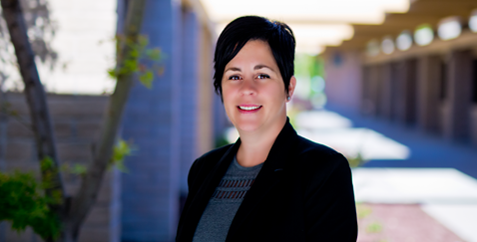
The management team was intentional about finding someone with the experience to lead the city’s organization-wide efforts on outstanding customer experience and customer service. Blackmon stood out to the Waco team based on her years of experience managing customer service driven businesses, such as wineries and high-end restaurants in the Napa Valley. She transitioned to municipal work in 2011 and has worked for the cities of Napa and Manteca. Blackmon has served in a variety of local government roles such as assistant city manager, deputy director of emergency services, director of legislative services, and deputy city clerk/assistant public information officer.
Ford said: “Lisa really stood apart in the search process with her unique background and combination of experience in both local government administration and the hospitality and tourism industry. I believe she will bring a creative, thoughtful, and responsive approach to leading Waco’s tourism and quality of life focused departments. I am excited for her and her family to join us in Waco.”
Blackmon said: “I learned about this position on a trip to visit family in Waco, and I really fell in love with the city and all it has to offer. There are so many great things happening in Waco, and I am looking forward to joining the team and driving forward customer service and overall local and visitor experiences within the city.”
The City of Waco organization is excited to welcome Lisa to Waco. She will oversee the city’s tourism and quality-of-life focused departments: Parks and Recreation, Texas Ranger Hall of Fame and Museum, Waco Regional Airport, te Waco Convention Center and Visitors Bureau, and Cameron Park Zoo.
By Madison Schick
What happens when homespun aspirations become well-earned, successful realities for Central Texas community members? The result is largely simple with impactful consequences — sustainable, higher-paying employment, heightened self-esteem, and a general upsurge in prosperity for all presented the opportunity of higher education.
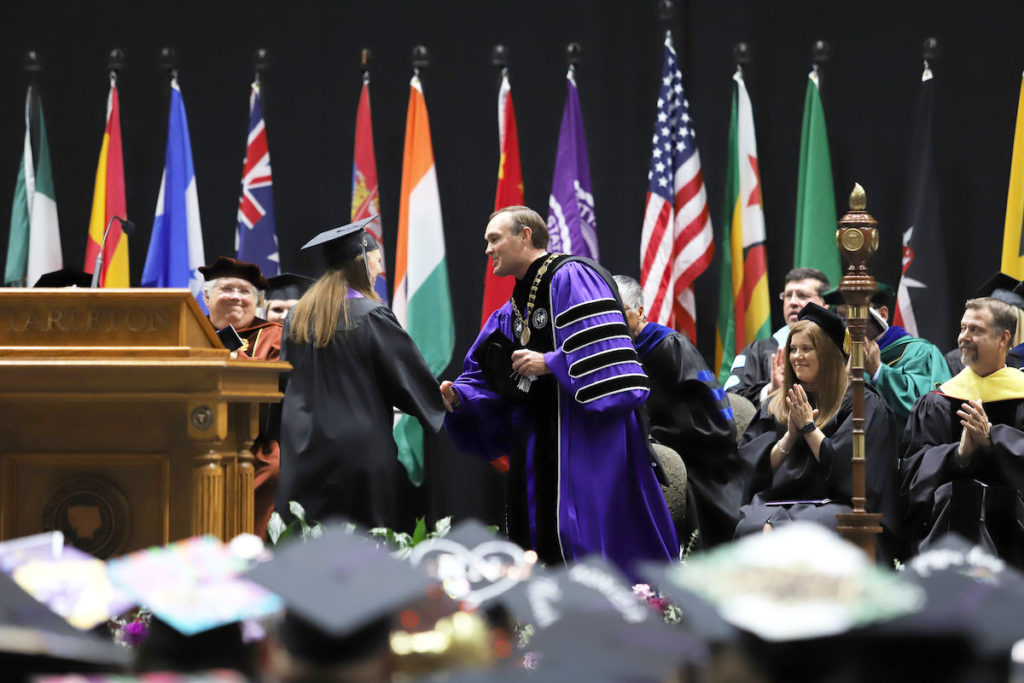
At McLennan Community College; the University Center; and partner institutions Texas Tech University, TTU Health Sciences Center, Tarleton State University, Midwestern State University, and the University of Texas Medical Branch are celebrating 20 years of affordable and accessible undergraduate, graduate, and doctoral degrees in addition to the tangible markers of university education provided to the citizens and students of Waco.
The University Center at McLennan Community College released an online brochure to commemorate the significant 20-year celebration, with the front cover tagline, “Celebrating 20 years of affordable bachelor’s and graduate degree options in Waco.” Two decades of University Center operations encompass numerous historical events, the celebration of hundreds of graduates, thousands of instruction hours, and exactly 20 years to learn from, grow with, and welcome established Texas universities and equally exceptional programs of study to MCC’s campus.
Perhaps the word options rings the loudest to the aspiring people of Central Texas. To have options means to have the opportunity to choose. The University Center, MCC, and its partner institutions are committed to providing affordable education and bringing the opportunity of choice to those who once doubted they had any. The schools are also thankful for those who chose the University Center as a step towards their future.
As higher education proves to be essential to today’s economy and workforce, affordability claims strewn across billboards and magazines have allowed marketers and audiences to lose sight of the subjectivity of affordability. What constitutes affordable education parallels families, children, and individuals of Texas in the same pursuit of opportunity that range from varying degrees of financial need.
MCC and its university partners function to provide multiple opportunities for scholarships, financial aid, and tuition assistance to students in addition to the chance for caregivers, working parents, hopeful high school seniors, and those dreaming of a second chance for a better future to start anew in the city that’s called home.
Although not the first of its kind, MCC and the University Center operate systemically. Students first enroll in basic, or prerequisite, courses at MCC with the intent to transfer these courses into a bachelor’s degree plan with a UC partner. Upon transferring, the student will be considered a student of their selected institution. Students may begin attending a UC partner institution earlier than expected, as they may begin earning college credit through MCC while participating in dual credit courses.
While registered at MCC, students are invited to apply for hundreds of scholarships through the MCC Foundation during an application period that spans October to mid-January. The Highlander Restart program offers tuition-forgiveness to qualifying MCC students in an effort to ease the worry of indebtedness and fear of enrollment.
Once students are eligible for transfer, Texas Tech University’s Red Raider Guarantee monetarily covers tuition and mandatory fees for those students who qualify. In recent news, Tarleton State University officially announced its Transfer Guaranteed Award Program (T-GAP) that provides renewable scholarships between $500 and $2,000 to transfer students of Distinguished College Partners.
When homespun aspirations become well-earned, successful realities, many doors open. Events set into motion, printed diplomas, the relief of hard work well done, and the choice of education make up the first door for thousands of Texans. MCC and UC will continue to empower individuals with and through options – the option to fulfil their goals, to set an example, and to be proud of themselves through affordable education and a quality, merited degree.
For more information about how to become a student of the University Center, please visit https://www.mclennan.edu/uc/index.html. To explore other transfer opportunities, check out https://www.mclennan.edu/advising/transfer.html to view transfer and advising guides.
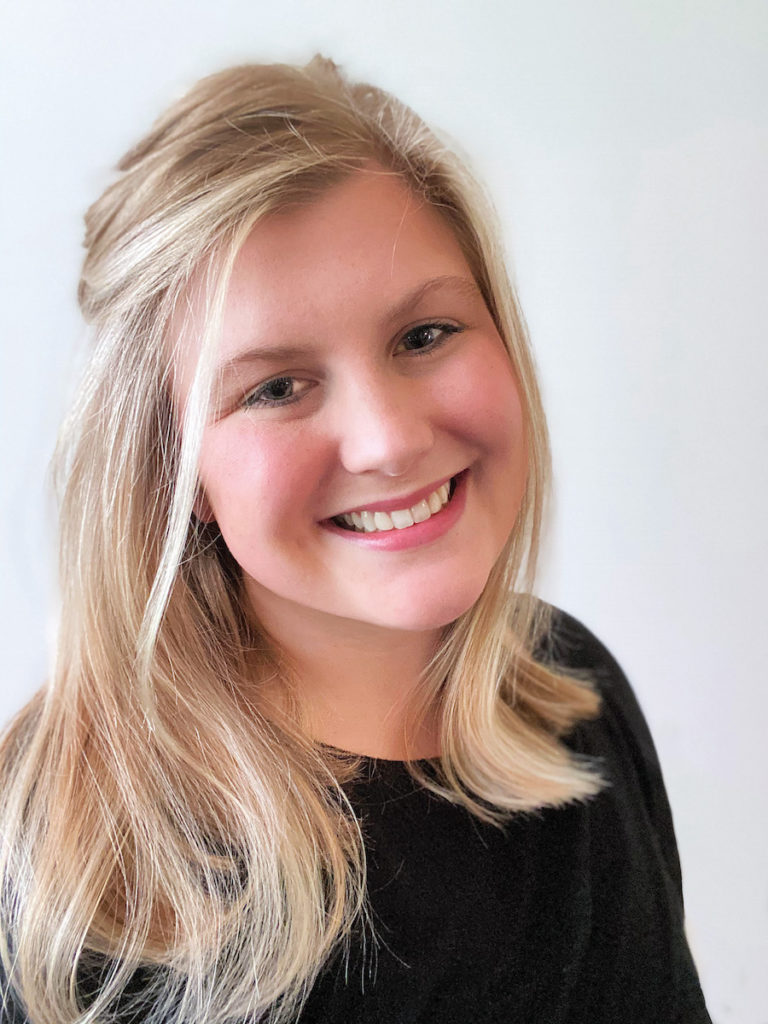
Madison Schick is a social media and communications specialist at McLennan Community College. A literature enthusiast and graduate of the University of Texas at San Antonio, Madison studied environmental science, English, and history, and still loves all things related to reading and writing. Her other interests include connecting with old friends, trying new restaurants, and spoiling her two rescue cats, Remus and Chewy, with lots of love and treats.
The Act Locally Waco blog publishes posts with a connection to these aspirations for Waco. If you are interested in writing for the Act Locally Waco Blog, please email Ferrell Foster at [email protected].
By Hermann Pereira
In this pandemic and most recently the snow-apocalypse of 2021 we have felt more disconnected. This has truly affected our youth, who are accustomed to being in school face to face everyday along with having the ability to participate in other extracurricular activities. Time away from school is having academic and social emotional impact on youth of all ages.

The good news is we are getting back to normal as the vaccine has come into the picture and people are feeling more safe. I would like to share an event that is coming up that will give students an opportunity to feel connected.
Two of our working groups (School Focused Wrap Around Services Working Group and the Informal Learning Working Group) have come together to plan what will be a way for all students to have access and feel connected to summer activities.
Student Success SummerFest will be 9 a.m.-1 p.m. April 10 and will be in partnership with the Waco Downtown Farmers Market. There will be vendors from all over the community that offer summer activities for youth. Families will be invited to visit with the different vendors and will have an opportunity to sign up on site for camps.
Working groups are a vehicle for community members to come together to collaborate in order to serve a larger purpose. Our working groups are focused on overall student success. They consist of the Early Childhood Committee, Informal Learning Working Group, Mentor Waco Coalition, School Focused Wrap Around Services Working Group, Education, Workforce and Talent Alliance, and the McLennan County College Access Network.
All of our working groups are open to anyone in the community interested in working hard for all students in our area. Please email me at [email protected], and I can connect you to one of these groups. We hope to talk to you soon.
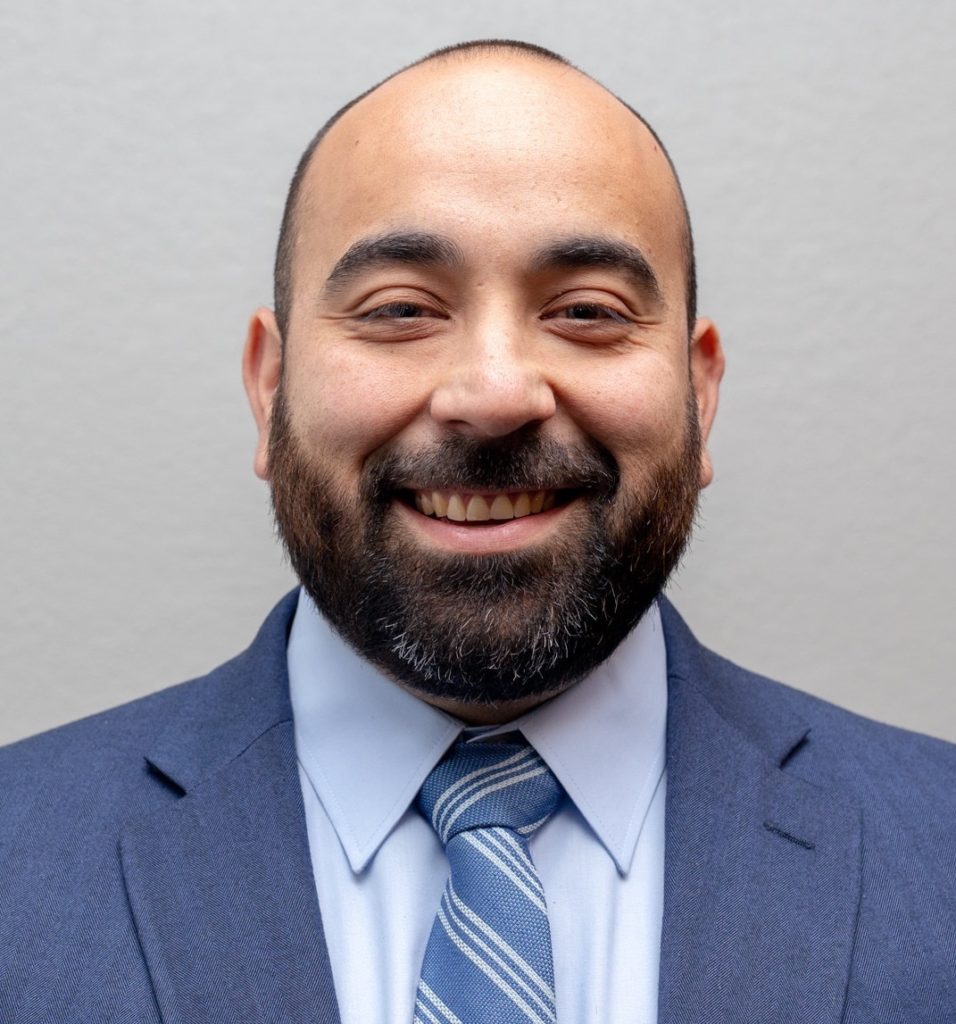
Hermann Pereira is chief program officer with Prosper Waco.
The Act Locally Waco blog publishes posts with a connection to these aspirations for Waco. If you are interested in writing for the Act Locally Waco Blog, please email Ferrell Foster at [email protected].
Editor: In honor of Women’s History Month, we are featuring interviews with local women leaders. These pieces were written by Baylor University students from the Department of Journalism, Public Relations, and New Media.
By Callen Vaught
Lindsay Liepman, a morning news anchor/reporter at 25 News KXXV, has been a journalist for 18 years and worked all over the United States. In 2018, however, she returned to work in her hometown area of Waco.
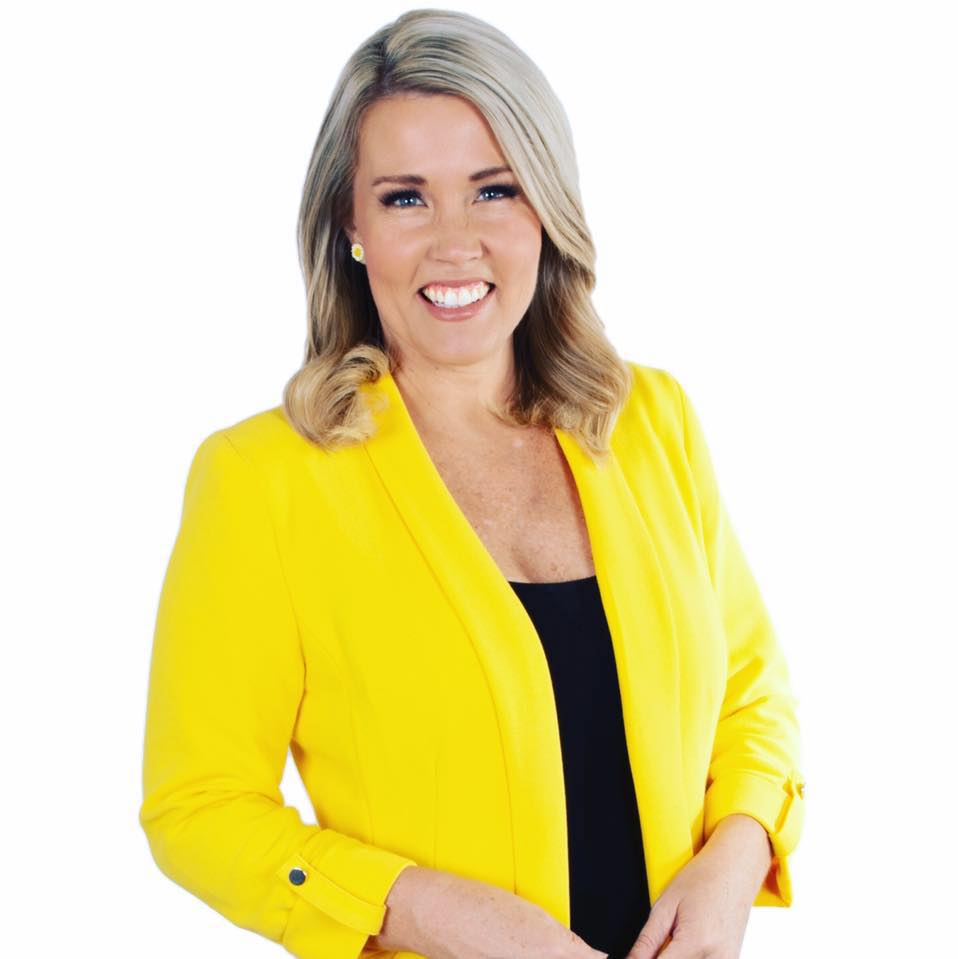
Liepman has four kids — three boys and one girl from age 4 to 8. Working and being a mom is a challenge, but Liepman has come up with an efficient way to do both.
“After work, since it is the morning shift, I go home, I take a nap, then I pick my kids up from school. After school is just crazy, but we still find fun things to do,” she said.
Liepman said she has become even busier because of COVID-19 and how it affects her job at the news station.
“I never worked from home, I was always the person in the studio,” she said. “So for me it has been maybe even a little bit more work because there are some things that you have to do in the studio that you really can’t do remotely. And so the workload is a little bit more.”
Although the coronavirus has affected Liepman and her work, she said she has been able to adjust well.
“Really the content of the news cast is what has changed. Before you would never do a Zoom interview unless you absolutely had to, but now we are really relying on being able to do Zoom interviews and phone interviews and things we would have normally traveled to do,” she said. “The content has changed and the look of news has changed. But we are definitely adapting, which has been interesting to be a part of.”
No matter how busy work gets or the coronavirus affects life, Liepman said she still makes time for her family.
“Friday nights are always our pizza nights. We eat pizza and usually watch movies,” she said.
Liepman said she has a lot of good memories here in Waco, both from when she was a kid and since she has returned.
“When I was a kid, I was raised by a single mom, and she would take us to a place called Mazzio’s Pizza in Waco every Friday night, and it was so special to me. You see my family has continued the tradition of eating pizza every Friday night,” she said. “My favorite thing since returning to the area is getting to be able to share the different stories of Waco through my job.”
Liepman said another great way to get involved in Waco is to listen to some of the podcasts produced in Waco.
“Listening to podcasts is the number one way to be able to connect with what’s going on in Waco,” she said.
She said she would suggest Rogue Media to people because they produce a lot of Waco’s podcasts.
“I’m a big proponent of listening to podcasts,” Liepman said. “Waco has a number of amazing podcasts, ones that tell you where to go in Waco or tell you about Waco history. No matter what you are looking for in Waco, you can find it by listening to one of those podcasts.”
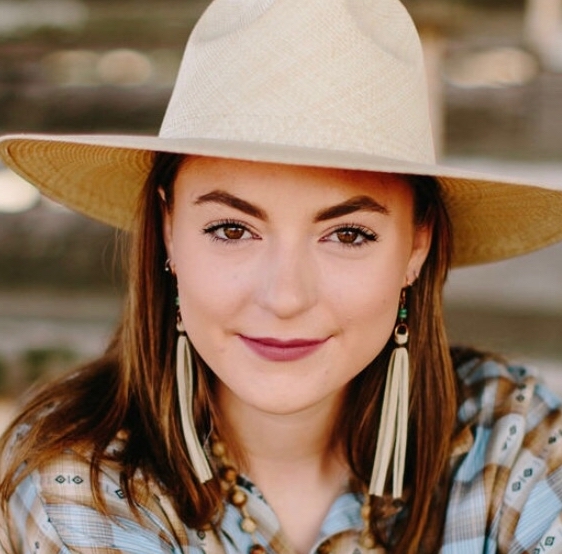
Callen Vaught is a Baylor University sophomore journalism/public relations major from Boerne.
The Act Locally Waco blog publishes posts with a connection to these aspirations for Waco. If you are interested in writing for the Act Locally Waco Blog, please email Ferrell Foster at [email protected].
By Ferrell Foster
In a Zoom call of community leaders Wednesday morning, Suzii Paynter March noted, “There is a new sense of resiliency and the confidence that comes with vaccinations.”
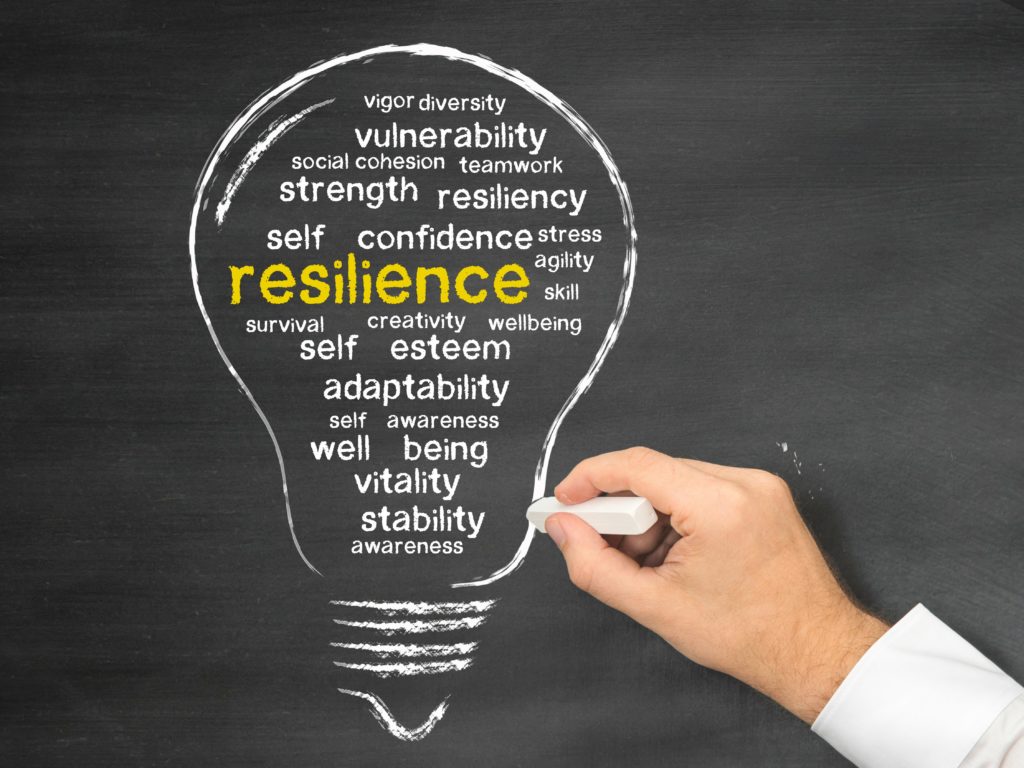
Educator, Dr. Hazel Rowe, responded in the chat box, “Suzii, It is the ability to EXHALE!!”
So true. If you have not yet gotten your vaccinations, let me encourage you. It provides you with more than disease protection; it gives your spirit a boost, as well.
I know some people are hesitant to get the vaccination because they just don’t like vaccines or they have heard some of the false rumors circulating on the Internet. If you are hesitant or know someone who is, please know that there is a tremendous upside to getting these shots.
After so many months of knowing that you could be exposed to the virus at any time, it is easy to forget what it was like to feel comfortable in public spaces. COVID-19 is particularly fearful because carriers of the disease often do not know they have it.
Having the vaccination in your arm gives you a sense of almost having a superpower. You may not be able to fly like Superman, but you gradually develop a confidence that COVID bounce off of you like bullets bounce off of Superman.
As Suzii said, you do feel a “new sense of resiliency and the confidence that comes with vaccinations.” And as Dr. Rowe said, you can begin to exhale, both emotionally and physically. And, if you’ve ever tried to hold your breath a long time, it really does feel liberating to exhale.
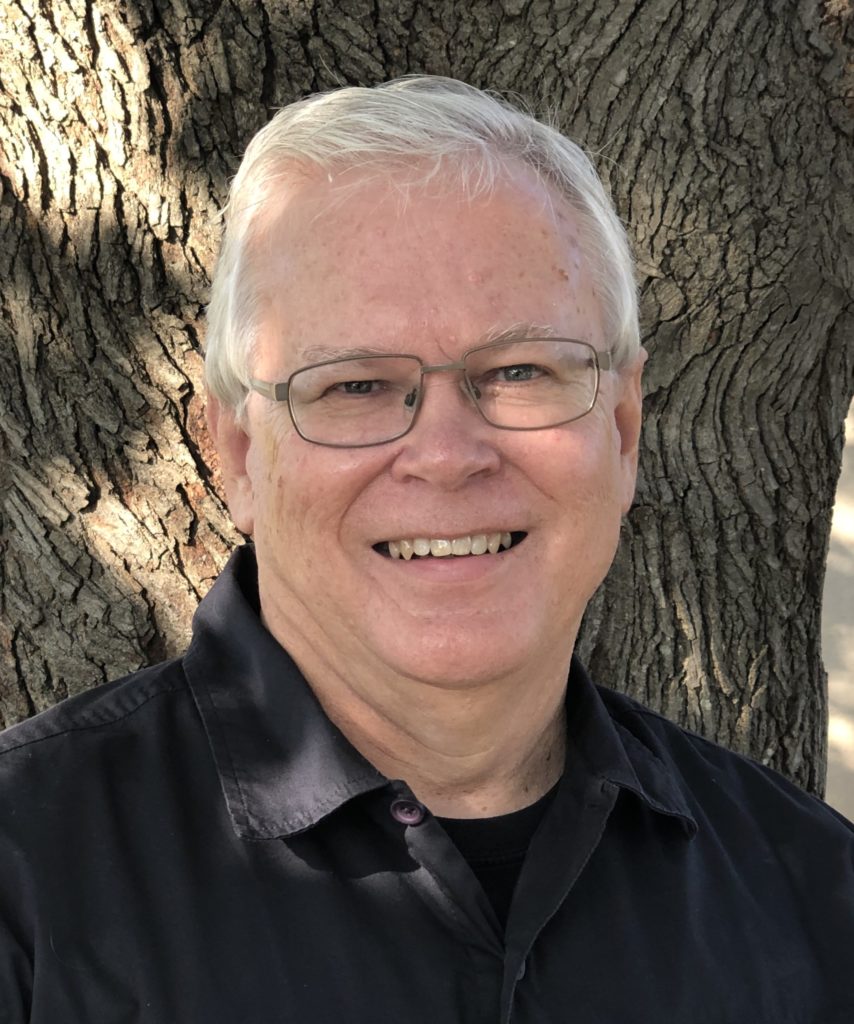
Ferrell Foster is acting executive director of Act Locally Waco and senior content specialist for care and communication with Prosper Waco.
The Act Locally Waco blog publishes posts with a connection to these aspirations for Waco. If you are interested in writing for the Act Locally Waco Blog, please email Ferrell Foster at [email protected].
Editor: In honor of Women’s History Month, we are featuring interviews with local women leaders. These pieces were written by Baylor University students from the Department of Journalism, Public Relations, and New Media.
By Campbell Wilford
Megan Snipes, marketing and public relations consultant at Baylor Scott & White Health, serves the Waco community through her dedication to bringing to light the stories of Waco’s health professionals. Especially now during the coronavirus pandemic, Snipes’ job holds great importance as she broadcasts the idea that an appreciation for our healthcare workers is so needed.
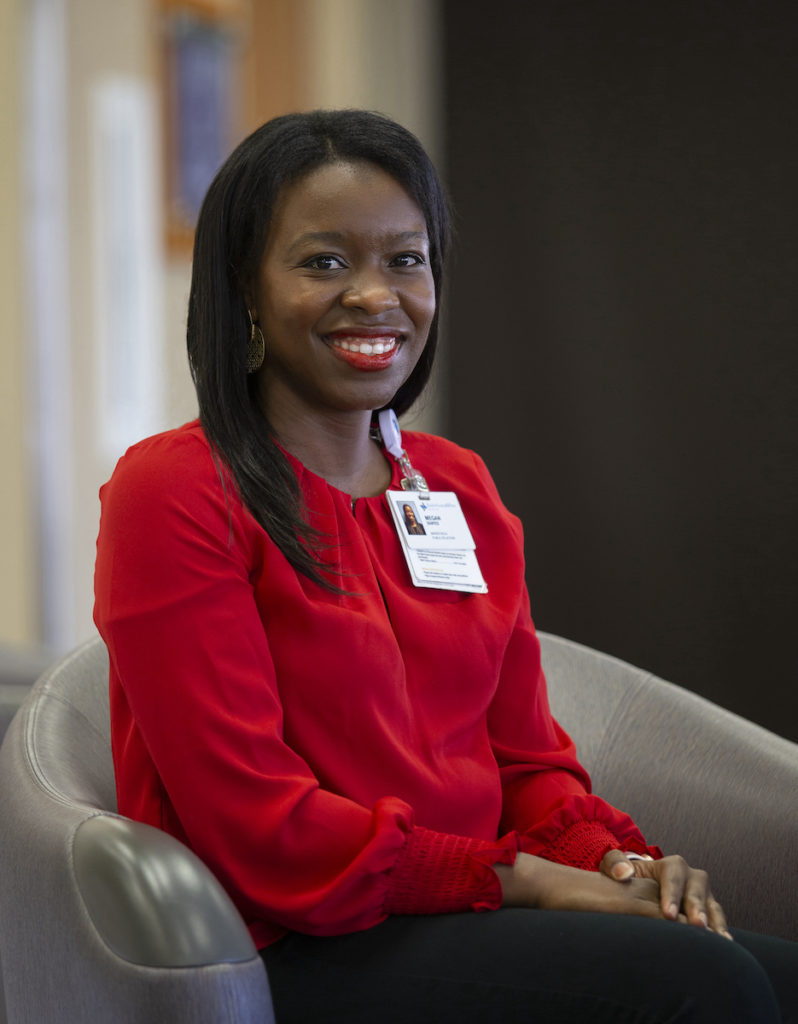
Snipes grew up in San Antonio and credits her hard work and character to her father, who served as a pastor. Snipes talks in depth about how it was her Christ-centered family that shaped the woman that she has become today. As one of six children, she says she learned that anything you want in life you have to work hard for.
“My dad would wake us up at 6 a.m. every morning for prayer, which I was not happy about as a child, as a teenager, who needs a lot of sleep. But now looking back I totally understand why, and I’m so grateful that I had that influence in my life,” Snipes said.
Snipes said she did not have a direct career path as she worked as a TV news producer and reporter at KWTX, the CBS affiliate in Waco, and then worked as executive producer of a lifestyle show in Austin. She encourages taking every opportunity whether or not it seems to align with an individual’s goals or not.
“Everything that happens in life I think leads you to where you’re supposed to be. Random things give you little drops of knowledge that are going to help you, that you may not even know are eventually going to help you, but they help you in the long run,” Snipes said.
It was when Snipes’ father passed away from Leukemia in January 2016, that she discovered her passion for the role of nurses and healthcare providers. Seeing the care and the compassion that the nurses and doctors had for her dad and for her family was “life changing,” she said.
Snipes says she jumped at the opportunity to return to Waco and work for Baylor Scott & White Health. In this position, she says she loves that she still gets to work with area TV news stations while helping other people to understand the length that the healthcare workers go to in order to take care of us.
“I want people to understand that it is not hyperbole to call our healthcare workers heroes. What they do every day is amazing, and it’s really special. I think it takes a really special kind of person to be in healthcare, so I have the utmost respect for all of them. There is no price tag on what they do,” Snipes said.
Snipes tells the stories of both the healthcare workers and the patients. She says she hopes that telling patients’ stories will help other people who are either going through the same thing or could potentially prevent the same thing from happening to them. Snipes says the team at Baylor Scott & White-Hillcrest calls what they do “sacred work.”
“Work hard at whatever you do and treat people with respect and kindness no matter who they are because you never know who is going to end up being your boss. You reap what you sow, so you continually want to be sowing kindness and continually be sowing positivity so that that is what you can reap,” Snipes said.
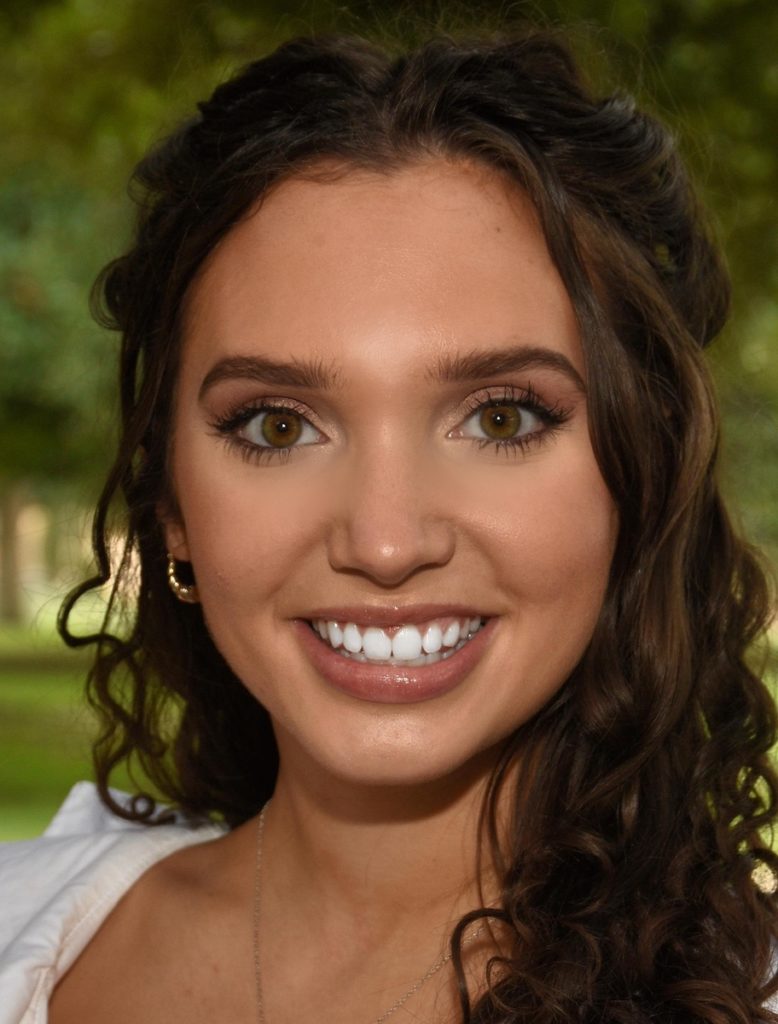
Campbell Wilford is a sophomore marketing major with a public relations minor at Baylor University. She is from New Braunfels.
The Act Locally Waco blog publishes posts with a connection to these aspirations for Waco. If you are interested in writing for the Act Locally Waco Blog, please email Ferrell Foster at [email protected].

Special from The Anchor News
By Linda Crawford
Thirty-year-old businesswoman TeAnnah Shields says her business success derives from her consistency, professionalism, and quality of work.

“I have been braiding about 19 years,” said Shields, owner of The BeauTee Room, 121 N. Hewitt Dr., Suite B, in Hewitt. That’s half of her life. Eleven years old? Twelve? Talk about a lifetime of experience! That would be TeAnnah!
“As a child, I loved doing my sisters’ hair and babysitting because I got to play in the children’s hair.”
At that time, doing hair was a hobby for Shields. While many children played with dolls and two dishes, she played with hair. “Money was not an incentive for me. I simply and genuinely enjoyed doing hair.”
“It was always so satisfying,” she explained. During Shields’s teenage years, her mom would allow friends from school and a few adults to come over to get their hair braided.
“Imagine being a 13-year-old child having an adult client come from McGregor to Waco to get her hair braided,” laughed Shields.
Through the years, it became apparent that Shields had a gift, but wanting the best for her, teachers and family members were adamant about a career that included college.
“I know they wanted the best for me, and I did too. I honestly did not see myself as a full-time braider.”
Thus, such a business or career was never part of her plan. After she graduated from high school, of course, she attended college. Her education prepared her to become a dental assistant, but after working in this field for three years, she was laid off.
It was at that time that Shields used her God-given talent to make ends meet. Yes, God has a way of leading us right to his plan. Still, even in those trying times, it never occurred to her that God was positioning her to start a full-time business, perhaps for life. The old adage says, “The third time is a charm.” Shields worked a few other jobs but always found herself returning to her old love — braiding.
“It was the third time but this time, it stuck, explained Shields.
“I became overwhelmed with working a full-time job, braiding, and being a parent to my three chidlren. I soon stepped out on faith and became a full-time braider and later, a salon owner.”
According to Shields, when people come to her salon, “they enjoy the styles, vibes, and good energy there. The BeauTee Room is clean, fresh, and well-equipped to make customers come back again and again. After four years of braiding fulltime, Shields has a reputation of being the best. Clients book at least 30 days in advance and come from as far as two hours away.
Shields is now thinking about opening a second location with technicians whom she has trained to mock her work. Hours of operation vary and are by appointment only.
Prices range from simple styles like two braids for $45 to box braids for up to $300.
For more information or to book an appointment, call (254) 265-0433.
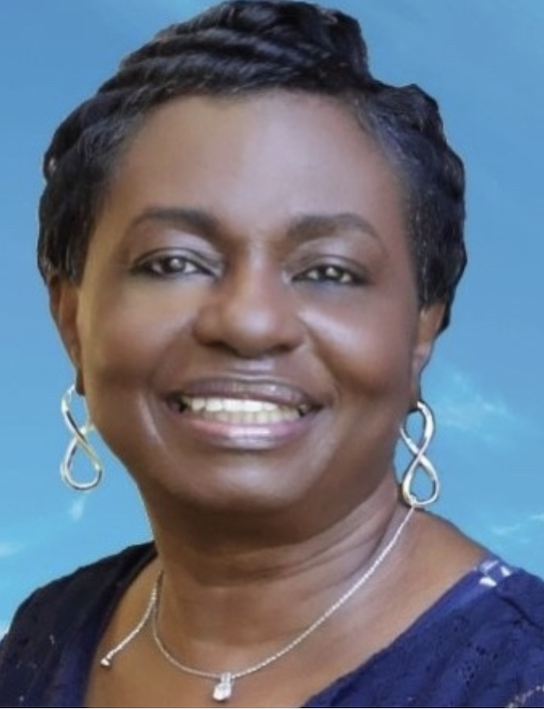
Linda Crawford, owner of The Anchor News, is an English professor at McLennan Community College, a motivational speaker, and author of the book, God, Destiny and a Glass of Wine (available on Amazon).
The Act Locally Waco blog publishes posts with a connection to these aspirations for Waco. If you are interested in writing for the Act Locally Waco Blog, please email Ferrell Foster at [email protected].

This article was originally published in the March 2021 issue of The Anchor News. The Anchor News is a free, monthly publication of Crawford Publishing. The Anchor News is dedicated to serving the community and surrounding area, focusing on positive news and accomplishments of minorities. For more information about The Anchor News including how to subscribe or where to pick up a copy, please visit The Anchor News website.
The Act Locally Waco blog publishes posts with a connection to these aspirations for Waco. If you are interested in writing for the Act Locally Waco Blog, please email Ferrell Foster at [email protected].
